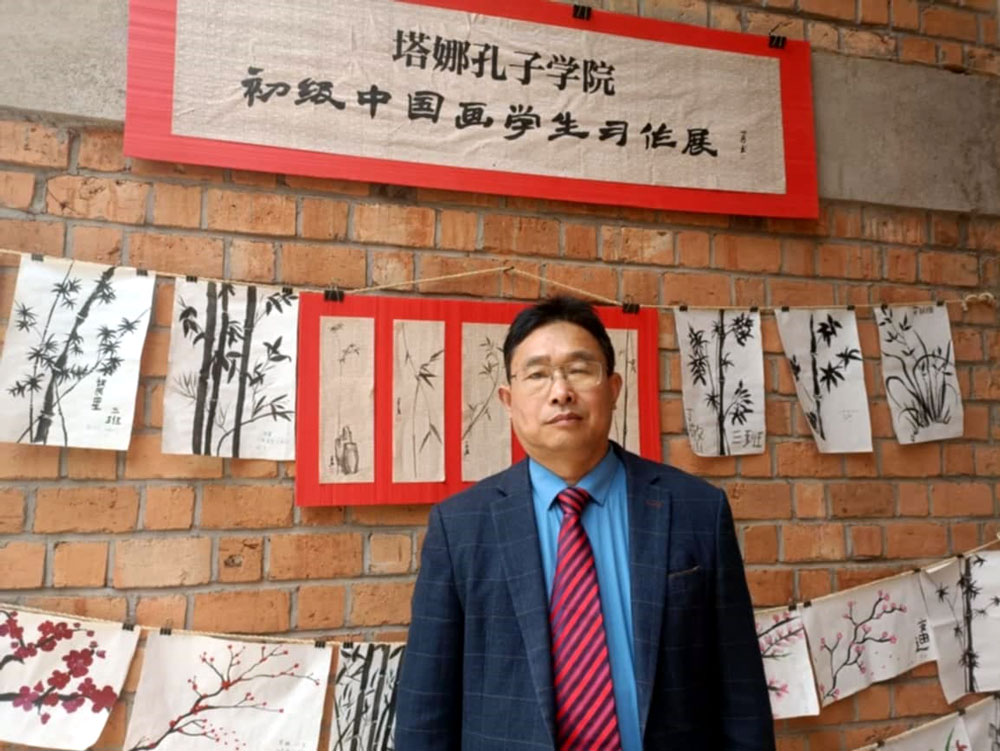
The Sino-Malgache musical merger was a great success during the concert of the YPO ensemble at the Confucius Institute of the University of Antananarivo. It was also an opportunity to further strengthen mutual trust between the two countries.
The YPO ensemble offered a remarkable performance on Wednesday July 30, at the Confucius Institute of the University of Antananarivo, proving with brilliantly the perfect harmony possible between traditional Chinese music and traditional Malagasy music. This unprecedented concert highlighted traditional Chinese tunes interpreted with Western instruments, and vice versa, Malagasy melodies played with Chinese instruments. The public, who came in large numbers, particularly appreciated the unexpected merger of the “Lokanga” (traditional Malagasy violin) and the keyboard with the Valiha, an emblematic instrument of Madagascar. “The Confucius Institute, recognized for its cultural activities and its teaching of traditional Chinese music instruments, aims, through this type of event, to go beyond the simple presentation of Chinese and Malagasy cultures to promote a real intercultural exchange between China and Madagascar. It is also an opportunity for Malagasy culture to open up more to the world, ”according to the Pr Wei Zuqin, Chinese director of the Confucius Institute
Reveal the Malagasy talents
The Confucius Institute also aspires to support the many Malagasy talents which, despite their potential, sometimes lack adequate training. One of its missions is to propel these artists so that they can radiate internationally. The whole also played “Liang Zhu”, a Chinese musical work narrating the tragic history of Liang Shanbo and Zhu Yingtai, whose fate echoes that of Rabeniombo and Ravolahanta in Malagasy folklore, two lovers prevented from marrying their parents. At the concerts but also include evangelization. “Composed of Malagasy, Japanese and Chinese musicians, the whole demonstrates that despite marked cultural differences, great compatibility is possible, as evidenced by the ease with which they were able to integrate the Chinese violin into their interpretations”testifies Ravo Raboanarison, responsible for the YPO ensemble
Narindra Rakotobe











